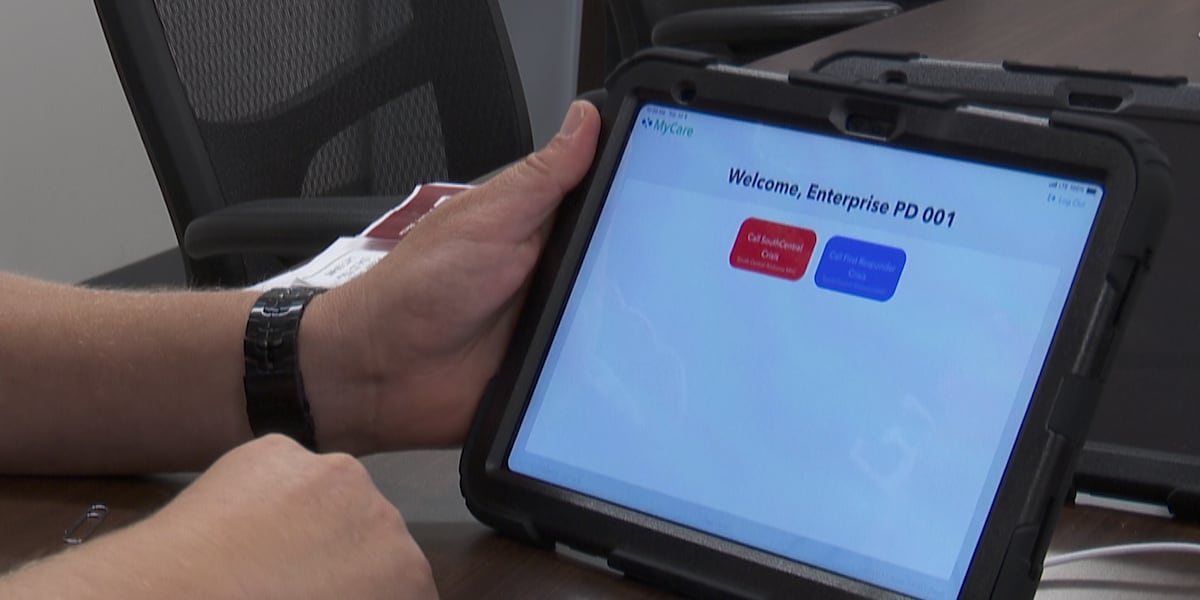Arkansas Rural Hospitals Face Transformation: How the One Big, Beautiful Bill Impacts Healthcare Access

Arkansas' rural healthcare landscape is poised for significant shifts in the coming years, largely driven by the implications of the recently passed 'One Big, Beautiful Bill'. While proponents highlight potential cost savings for the federal government, concerns are mounting regarding the potential impact on health insurance coverage for residents in underserved areas. This article delves into the specifics of the bill, its projected effects on rural hospitals, and the potential consequences for Arkansans seeking healthcare.
The 'One Big, Beautiful Bill' and Rural Healthcare
The 'One Big, Beautiful Bill' represents a broad legislative package with various provisions impacting healthcare funding and delivery models. Specifically, changes to Medicare and Medicaid reimbursement rates, alongside adjustments to eligibility requirements, are expected to disproportionately affect rural hospitals and healthcare providers. These institutions, often operating on tight margins, rely heavily on these federal funding streams to maintain operations and provide essential services.
Challenges for Rural Hospitals
Rural hospitals in Arkansas already face a unique set of challenges, including:
- Limited Resources: Smaller patient volumes and geographic isolation often translate to fewer staff, outdated equipment, and limited access to specialists.
- Aging Population: Rural communities tend to have a higher proportion of elderly residents, who require more intensive and costly medical care.
- Financial Strain: Low reimbursement rates from both public and private insurers have placed a significant financial burden on these hospitals.
The changes introduced by the 'One Big, Beautiful Bill' are expected to exacerbate these existing challenges. Reduced reimbursement rates could lead to hospital closures, service cuts, and workforce reductions, further limiting access to care for rural residents.
Impact on Health Insurance Coverage
Beyond the direct impact on hospitals, the bill's adjustments to Medicaid and other assistance programs are raising concerns about reduced health insurance coverage. Stricter eligibility requirements could leave vulnerable populations, including low-income individuals and families, without access to affordable healthcare. This could result in delayed or forgone care, leading to poorer health outcomes and increased healthcare costs in the long run.
Potential Mitigation Strategies
While the challenges are significant, there are potential strategies to mitigate the negative impacts:
- Increased State Funding: Arkansas could consider increasing state funding for rural healthcare to offset reductions in federal support.
- Telehealth Expansion: Expanding access to telehealth services can help bridge the gap in healthcare access for rural residents.
- Value-Based Care Models: Shifting towards value-based care models, which reward quality and outcomes rather than volume, can incentivize efficiency and improve patient care.
- Community Partnerships: Strengthening partnerships between hospitals, community organizations, and local governments can help address social determinants of health and improve overall community well-being.
Looking Ahead
The 'One Big, Beautiful Bill' presents a pivotal moment for rural healthcare in Arkansas. Careful monitoring of its impact, coupled with proactive measures to support rural hospitals and ensure access to affordable healthcare, will be crucial to safeguarding the health and well-being of Arkansans living in underserved areas. The coming years will require a collaborative effort from policymakers, healthcare providers, and community stakeholders to navigate these challenges and build a sustainable healthcare system for all.



